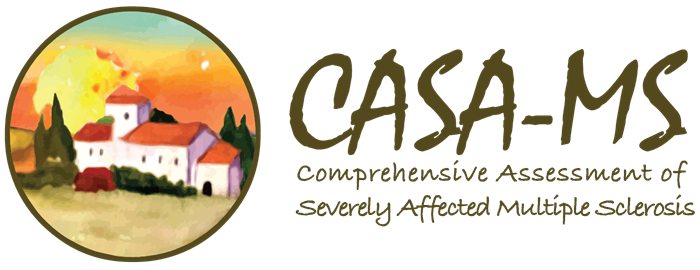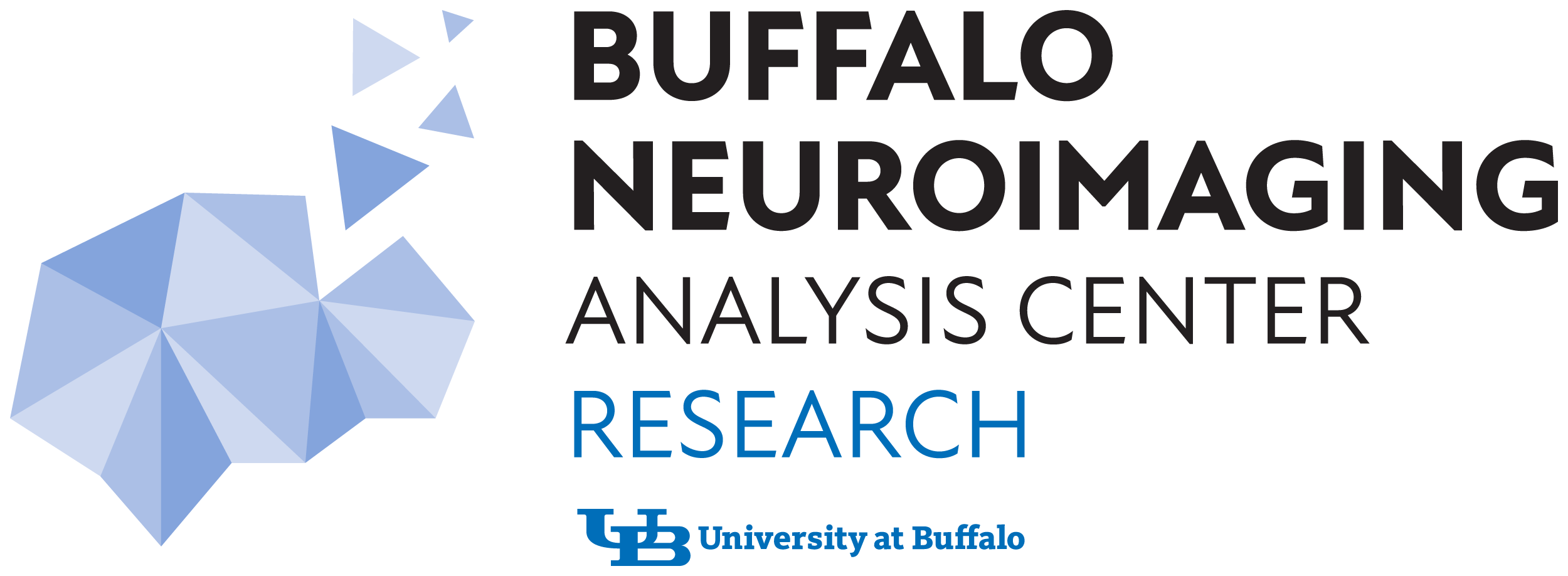Innovative Study Explores Why Progressive MS Leads Some to Need 24-Hour Care
Despite recent advances in understanding the early stages of Multiple Sclerosis (MS) and slowing disease progression, the fact remains that approximately five to 10 percent of the 2.8 million people with MS will have symptoms that progress in severity – significantly, unpredictably, and seemingly at random.
Advanced MS causes a wide range of functional and cognitive disabilities, as well as secondary symptoms. As a result, many people with advanced MS require 24-hour care, either in nursing homes where they receive skilled care, or in their own homes with care provided by family, friends, and private caregivers. Both can be costly and take a toll on everyone involved.
Because all people with MS face the possibility of advanced progression, they and their families want to be able to plan for their future.
Unfortunately, today there is essentially no research about people with MS who are in advanced stages of the disease. There are no therapies. There are no "best practices.”
There are many reasons such research has not been done and, consequently, no agreed-upon clinical definition of severe MS even exists. The costs to study people with severe MS are much higher. New diagnostic and analytical tools suitable for severely disabled patients must be developed. Reaching prospective participants who have severely limited mobility is difficult.
Because insights gained from our research of people with advanced MS will help us understand disease progression that could affect anyone with MS, the study will benefit everyone with MS, regardless of their current disability status, as well as all who care for them.
We hope to learn what factors are associated with severe MS progression by comparing a group of 60 people with MS who require 24-hour care to a similar group of 60 having much less progression. In addition to learning better how to identify these factors, we hope the study will lead to better treatment and care for people in this severely advanced stage of MS.
GOALS OF THE CASA-MS STUDY
The primary goal of the CASA- MS study is to learn what factors are associated with severe MS progression by comparing a group of 57 people with MS who require 24-hour care to a similar group of 57 having much less progression. To that end, we will develop and validate new diagnostic imaging and analytical tools to measure disease progression and cognitive processing speed and will study the effect of physical disability on mental status.
Currently, there is no recognized way to describe the stage of MS for those who are bedridden and need 24-hour care at home or in residential care facilities. Invisible to the world, they are only occasionally seen by neurologists and they are unstudied by the research community.
Funding
This $1.5 million study was created at the encouragement of BNAC's Advisory Council, which is comprised of people with MS and others whose lives have been touched by MS. Thanks to the Council, The Annette Funicello Fund for their $100,000 Challenge Grant and all the CASA-MS donors, more than $500,000 has been raised towards our goal.
CASA-MS Results Reported 2/23/23 at Annual ACTRIMS Meeting
The STORY BEHIND OUR NAME AND LOGO
In creating a name that aptly describes the study, we wanted to also recognize our collaboration with The Boston Home, a long-term residential care facility located near Boston that specializes in serving people with Multiple Sclerosis who need 24-hour care. It is home to the main cohort of this progressive MS study. Besides being an exemplary care facility, The Boston Home is truly a nurturing home for its residents. The word casa, which means home in several languages, is an inspiration and a fitting name for our study.
Our logo is the result of pairing watercolor artworks by Rhonda and Mary Jo, two Boston Home residents with advanced MS who were close friends before Mary Jo passed away. They shared the challenges of living with MS, and the joy of participating in The Boston Home's individulaized, adaptive art program.
Just as Mary Jo's sun rises over Rhonda's casa, the CASA-MS logo, we hope this vital MS research will contribute to the dawn of a new day for people living with progressive MS.
Make a Gift


